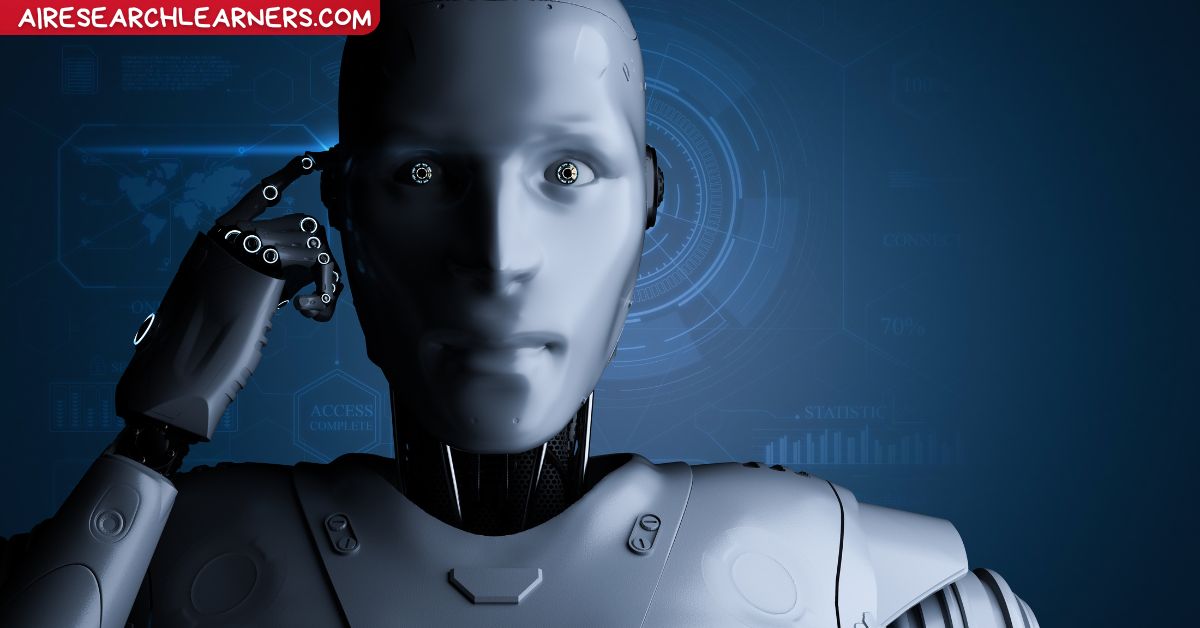The question “Can AI make decisions on their own?” inquires what it means for artificial intelligence (AI) to be left to its own devices. It is 2025 and the mastery of artificial intelligence (AI) is impressive, but autonomy is the subject of dispute.
What It Means for AI to Think for Itself
AI autonomy is the capability where AI, on the basis of its reasoning, learning, and judgment independently decides without human interference. When readers ask: “Can AI make decisions on its own?”, they want to see whether AI can behave beyond some rules programmed into them, making a choice on a life of its own not unlike a human decision. Independent decision-making implies:
- Human Decision Making – Consists of intuitiveness, emotions, and situational judgment, and not necessarily the rigours of rules.
- AI Decision-Making – Based on algorithms, mechanisms for machine learning and data processing generally within an established frame.
The State of AI Decision-making by 2025
In 2025, systems with such sort of models, for example: xAI, Grok, they will make decisions across a wide range of applications, from autonomous vehicles to clinical diagnosis. But such choices are not really independent. Here’s a closer look:
1. Programmed Decision-Making
The vast majority of AI systems work within fixed frameworks, taking action using the machine learning models and training data in their heads. For instance, in response to the question, “Can AI think for itself?”, AI gives reasoned responses from patterns, not from independent thought.
How It Works: AI algorithms perform data analysis and make choices to achieve programmed goals.
- Examples: Recommendation systems (e.g., Netflix) or chatbots determine outputs according to learned patterns.
2. Simulated Autonomy
AI autonomy at an advanced level can mimic autonomy by learning or finding better ways to decide, in the face of novel inputs and changing circumstances. Methods such as reinforcement learning enable AI to “learn” best actions over time.
- Applications: Traffic conditions change and self-driving cars need to adapt, or AI assistants trying to give the best responses to queries.
- Limitation: Such decisions are limited by the human-specified goals and training data.
3. Contextual Decision-Making
In structured situations it’s very good: chess games and financial statements. But in open-ended, real-world situations demanding subtle judgment, it’s not nearly as bright.
- Strengths: AI is able to make rapid, data-based decisions in controlled environments.
- Weakness: It has no human intuition and cannot set its own goals — there’s still a dependence on human design.
Can AI Ever Be Truly Autonomous?
Complete independent decision making would imply AI to determine what it should do, think beyond what it was programmed to think, and have self-determined behaviors. By 2025, AI-based decision-making does not yet meet this benchmark, and the reasons for this are as follows:
- Reliance on Programming: AI can just work inside human-determined algorithms and cannot develop goals by themselves.
- Subconscious Awareness: Making independent calls includes having some level of subjective awareness, which AI does not have.
- Data-Driven Boundaries: AI makes decisions based on its training data, rather than self-generated realizations or intentions.
- Ethical Boundaries: Granting AI complete control raises issues around safety, as well as who is accountable.
These considerations make it clear that, despite being able to make highly detailed decisions, AI is still not AI autonomous.
AI Autonomy in the Future
Can the autonomy ascribed to AI really happen? Future AI will be programmed at 2025: AI — None — economical rate — Only 10ms to reduce in size 20ms 30–50ms — The Facility Nuclear Man.
- Technological Advancements: Progress in machine learning, neural networks, and cognitive architectures may allow higher levels of autonomy.
- Self-Learning Systems: AI of the future could be able to independently determine what they want to accomplish or iterate on their purpose without being prescribed goals by humans.
- Ethical Considerations: Enabling autonomous AI presupposes frameworks for safety, transparency and alignment with human values.
Some experts say true AI independence would require breakthroughs in understanding consciousness and computational design, which are probably decades in the future.
FAQs About Can AI Make Independent Decisions?
1. Will AI be able to act on its own decisions in 2025?
AI cannot truly go off on its own in 2025. It is founded on machine learning and set rules, with no AI autonomy or self-determined objectives.
2. What is the current way in which AI takes decisions?
AI takes decisions with artificial intelligence decisions according to algorithms, training data and given goals, e.g., in autonomous car systems or chatbots.
3. Why can’t an AI take its own decisions?
AI decision making is constrained by programming, consciousness and reliance on data, showing a lack of real AI autonomy.
4. Will AI be autonomous in future?
It’s possible that new developments in autonomous AI will make it easier for machines to have more of their own voice, but the path to AI autonomy is paved with scientific and ethical challenges.
5. How do decisions from AI and humans differ?
Human decision making uses intuition and editorial judgment, while AI decision making relies on data and algorithms, lacking real machine decision making freedom.
6. Is autonomous AI ethically unacceptable?
Yes, although AI autonomy asks for robust ethical standards on AI independence to ensure safety, accountability and no unintended consequences.
Conclusion
Question: “Can AI think for itself?” underscores the difference between present AI and real autonomy. AI decision-making uses machine learning and rules to mimic complex behavior, but without the AI autonomy, in 2025.
Our Best Performing Blogs About AGI …

